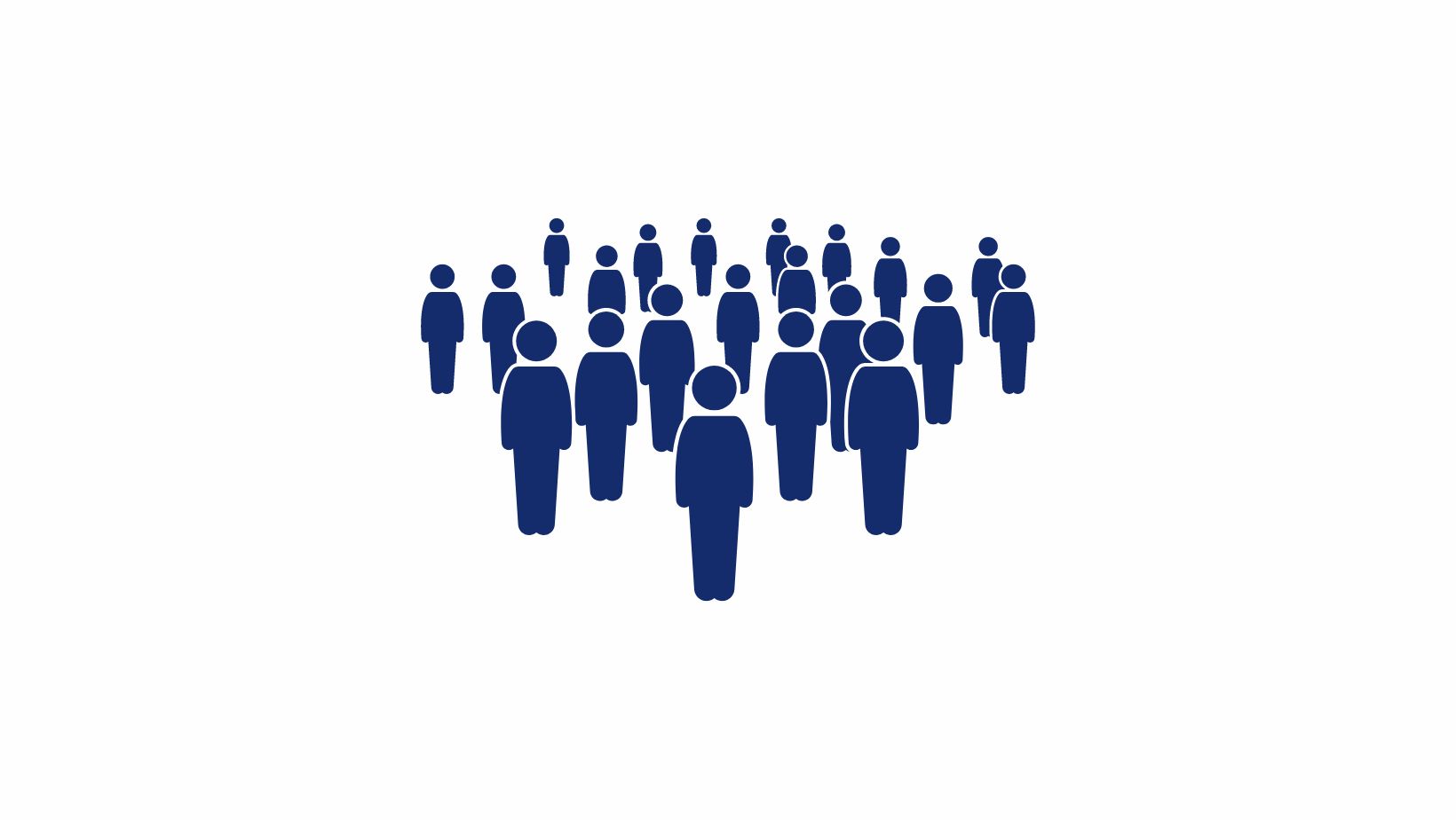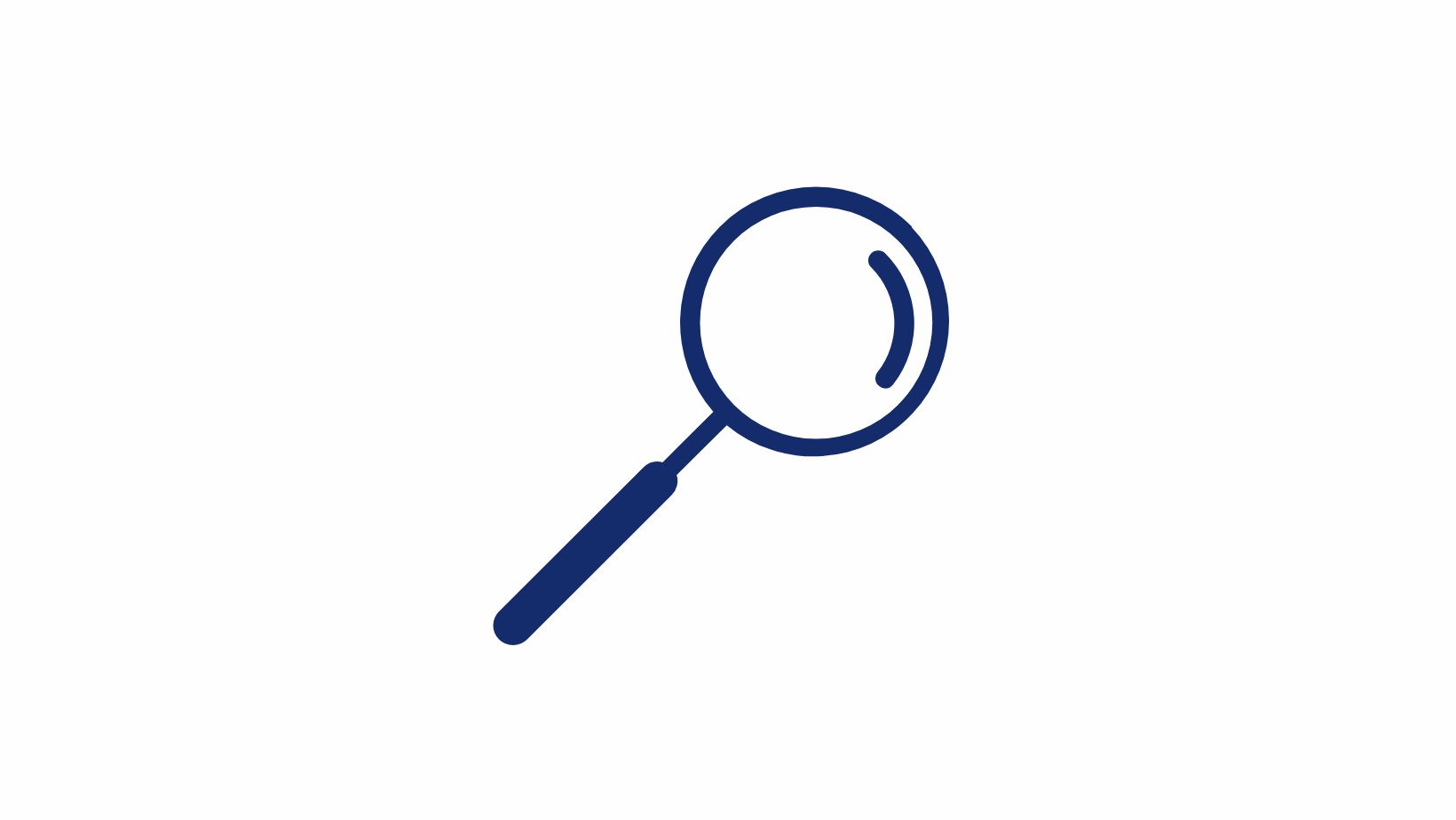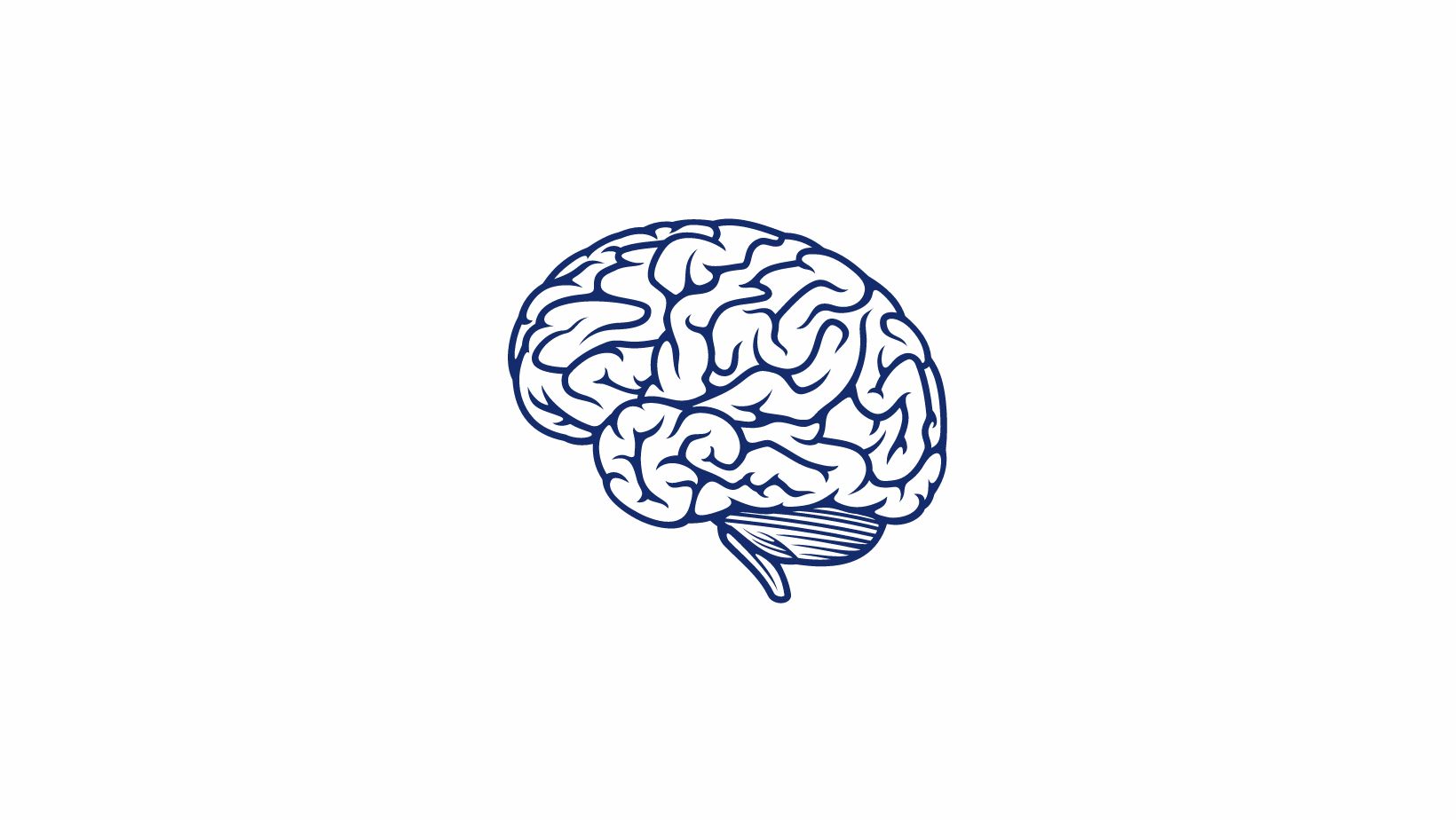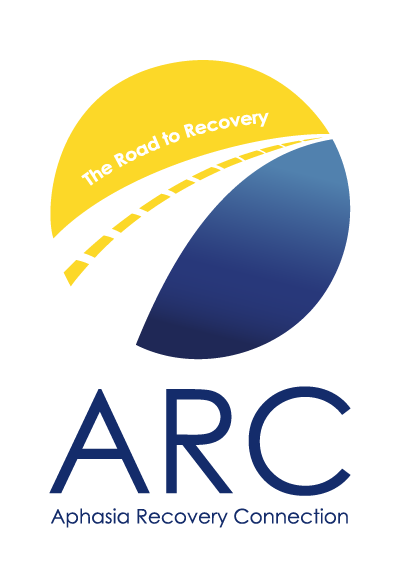What is Aphasia?
What is Aphasia?
Aphasia is a communication impairment that may impact speaking, understanding, reading, writing, and math. Aphasia is caused by damage to the part of the brain responsible for language, typically in the left hemisphere. Because aphasia greatly impacts a person’s ability to communicate, it can be a frustrating and isolating condition. Aphasia is an invisible – but very real – disability and often affects a person’s identity, relationships, and life participation.
Aphasia can have different symptoms and levels of severity, depending on the size and location of the brain injury.
Symptoms may include:
- Difficulty with word finding, or feeling like a word is “on the tip of the tongue”
- Speaking in short or incomplete sentences
- Not being able to speak at all
- Speaking in sentences that do not make sense to others
- Omitting words, using unrecognizable words, or using many filler words, such as “um, uh, like”
- Difficulty understanding and processing spoken language
- Trouble with reading, comprehension, and writing
- Difficulty processing numbers or completing math problems



Treatment for Aphasia – There Is Hope!
ARC’s programs are based on a recovery model called the Life Participation Approach to Aphasia, or LPAA. Language is everywhere in life. From ordering dinner at your favorite restaurant, to reading the map on a road trip, to calling your best friend on their birthday, there are endless opportunities to practice your language skills in everyday life.
Often, people with aphasia only see their speech therapist 1-2x/week, and even then, insurance quickly runs out. The LPAA philosophy believes that language can improve both inside and outside of the therapy office.
Engaging in life’s activities can improve quality of life, social relationships, and identity post stroke or brain injury. Our programs are all based on the LPAA model to encourage people with aphasia to engage in life activities that can improve their overall wellbeing, as well as their language abilities.
Our goal is to end the isolation and build a caring, supportive community that encourages healing. Explore more of our website to learn more about aphasia and sign up for our newsletter to stay connected with us.
What is Primary Progressive Aphasia?
People with Primary Progressive Aphasia (PPA) suffer from the progressive deterioration of language capabilities. Unlike other forms of aphasia, PPA results from progressive degeneration of the language centers of the brain, rather than from stroke or brain injury.
A person with PPA can learn communication strategies and carry compensatory communication materials that help to maintain the ability to care for themselves, work, and generally participate in their day-to-day lives.
Our Virtual Connections program offers sessions for people with PPA and their carepartners as well. Sessions are facilitated by Speech Language Therapists and other rehab professionals.
